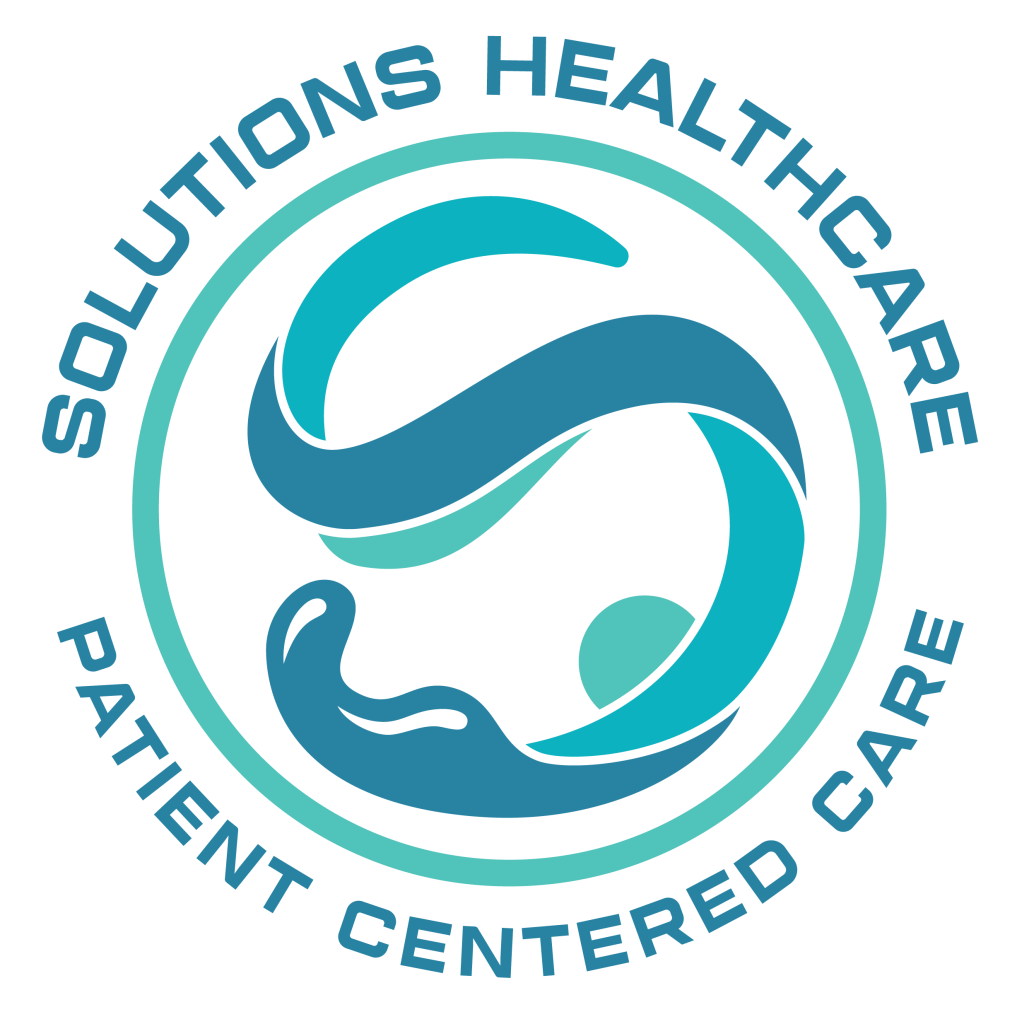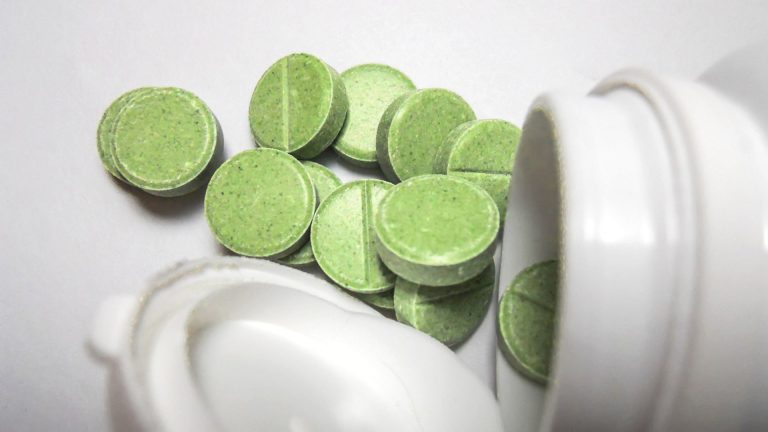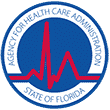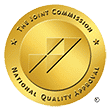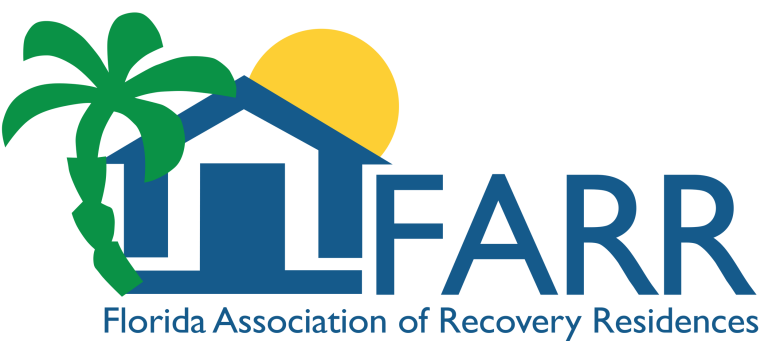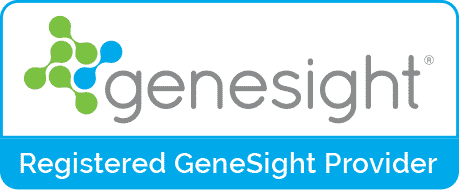Starting addiction rehab is a significant step toward recovery. You can begin this journey with a more precise, calmer mindset by seeking answers to your questions and exploring common FAQs about drug rehab. Solutions Healthcare has gathered common questions to ask a rehab center to help you better understand what to expect.
How Do I Know if I Need Rehab?
Deciding if you need rehab can be challenging, especially when you are asking yourself this question. It’s hard to see your issues with drug and alcohol addiction. However, realizing that you have a problem is the first step to recovery. This journey can be long and difficult.
Many people underestimate the seriousness of their addiction and think they don’t need treatment. However, individuals who can’t stop using a drug despite knowing the risks often seek help. Common reasons include developing health problems from drug use and needing more of the substance to feel the same effects, known as tolerance.
What Are My Goals in Treatment?
It’s essential to define your goals for addiction treatment! Are you striving for complete sobriety or perhaps looking to reduce substance use while managing mental health challenges? You and your treatment provider can create a customized plan reflecting your hopes for a healthier, happier future by establishing clear goals.
100% Confidential Support is Available 24/7
No matter what you’re going through, you’re not alone. Our dedicated team is here to provide a safe, judgment-free space where you can talk openly and honestly. Whether you need emotional support, resources, or just someone to listen.
We’re here for you—completely confidential and always respectful of your privacy. Call us today!
How Can I Find Out if I Have Dual Diagnosis of Mental Health Conditions?
Many individuals in recovery from addiction also face mental health challenges. Identifying co-occurring disorders, like anxiety or depression, is vital for success. Comprehensive treatment programs that address both addiction and mental health can significantly improve recovery outcomes.
Contact Solutions Healthcare
Battling with Drug and Alcohol Addition? Remember, you are not alone and we are here to help you!
What Can I Do if I Know That I Need to go to Rehab But am Afraid to do so?
Many people with addiction question if they need rehab. Society often stigmatizes addiction, making it hard for individuals to seek help. Many view those struggling as untrustworthy or weak, leading others to avoid them.
This negative attitude makes it difficult for those with addiction to get help. When they realize they need rehab, they often feel scared to reach out, fearing judgment from others. This fear leads to shame and hopelessness, which can prevent them from seeking treatment.
By embracing self-awareness and seeking knowledge, individuals can empower themselves and create positive change. Surrounding ourselves with uplifting people and joining a supportive community can make a tremendous difference, providing validation and encouragement. These proactive steps can help individuals face their fears and confidently pursue the rehabilitative treatment they deserve.
Can AA or NA Be an Effective Treatment?
For people who are just starting to deal with addiction and substance abuse, attending AA or NA meetings can help them get sober. However, many individuals find that meetings alone aren’t enough.
Often, substance abuse and addiction require more support. This is why some people go to rehab. They might need medical detox, a structured and supportive environment, and specific therapies. These treatments are available at outpatient or inpatient facilities.
What Types of Treatment Programs are Available?
When looking for addiction treatment, knowing about the different programs is important. This will help you find the one that fits your needs best. Here’s a brief overview of common treatment options:
Inpatient Treatment Programs
Inpatient or residential treatment programs require patients to stay at the facility throughout their program. They are ideal for individuals with severe addictions or those unsuccessful with outpatient programs. Key features include:
- Around-the-Clock Medical and Emotional Support: Patients receive ongoing support from medical professionals and counselors, helping them manage withdrawal symptoms and emotional challenges.
- Structured Environment: Inpatient programs offer a well-structured environment with a daily schedule filled with therapy sessions, engaging activities, and intentional downtime. This framework helps patients cultivate healthy routines and supports their overall recovery journey.
- Allowing for Full Focus on Recovery: Eliminating everyday stressors and temptations helps patients concentrate on their recovery from alcohol and drug addiction without distractions.
Outpatient Treatment Programs
Outpatient treatment programs are flexible. They allow patients to live at home and manage their daily lives while attending sessions. This approach is perfect for those with mild to moderate addictions or transitioning from inpatient care. Here are some key features of outpatient treatment:
- Regular Therapy Sessions: Patients go to scheduled therapy sessions. These sessions can include one-on-one counseling, group therapy, and educational workshops.
- Support and Accountability: Outpatient programs provide support and accountability, helping individuals maintain recovery goals while reintegrating into daily life.
- Flexibility: This program accommodates individuals who must balance their work, school, or family responsibilities while undergoing treatment.
Partial Hospitalization Programs (PHP)
Partial hospitalization programs (PHP) serve as a mid-range option between inpatient and outpatient treatment. Patients attend intensive therapy sessions during the day and return home at night. PHPs cater to individuals who need significant treatment but have a stable home environment. Key features include:
- Intensive Day Treatment: Patients participate in therapy sessions each day. These include individual and group sessions, medical care, and skills-building activities.
- Supportive Home Environment: Patients can return home in the evenings to practice their new coping skills in a supportive environment.
- Flexibility and Structure: PHPs offer the intensity of inpatient treatment with the flexibility of outpatient programs, making them ideal for those with moderate to severe addictions who need substantial support.
100% Confidential Support is Available 24/7
No matter what you’re going through, you’re not alone. Our dedicated team is here to provide a safe, judgment-free space where you can talk openly and honestly. Whether you need emotional support, resources, or just someone to listen.
We’re here for you—completely confidential and always respectful of your privacy. Call us today!
How Much Will Treatment Cost?
It’s a great idea to reach out for personalized information about rehab options. Residential facilities usually have higher costs due to their comprehensive support, which includes therapy, housing, meals, and recovery activities.
Outpatient treatment programs offer a range of affordable options, from structured care to weekly group and individual counseling. Many centers even offer free support groups. Plus, insurance often covers a large part of rehabilitation costs, making recovery more accessible to all populations.
Before reaching a decision, it’s important to investigate the local resources available to you. If treatment costs are a concern for the patient, it’s worth comparing those expenses with the ongoing costs of addiction.
How Long Will I Stay In Rehab?
Long-term recovery for people with an addiction usually requires at least 30 days in an inpatient facility. These programs offer structured and intensive treatment, acknowledging that simply stopping substance use is not sufficient to overcome addiction. This evidence-based approach helps individuals heal from their dependencies, significantly improving their chances of maintaining sobriety.
Participants in this treatment program must stay at the facility for the entire duration. During this time, it’s essential to make necessary arrangements, such as ensuring job security.
100% Confidential Support is Available 24/7
No matter what you’re going through, you’re not alone. Our dedicated team is here to provide a safe, judgment-free space where you can talk openly and honestly. Whether you need emotional support, resources, or just someone to listen.
We’re here for you—completely confidential and always respectful of your privacy. Call us today!
How Effective is Rehab?
People seek rehabilitation for various reasons, leading to a common question: Does it guarantee success? It’s tough to answer, as outcomes vary based on individual circumstances and the support from family, friends, and community. Studies show that strong peer support can lead to better results in addiction treatment.
Research shows that drug rehabilitation programs are vital in helping individuals overcome addiction and live fulfilling, sober lives. During rehab, participants acquire essential skills to manage their emotions and reintegrate into society. Enrolling in a good rehab program is an important investment that can save lives—no price can be put on saving yourself or a loved one. These factors highlight why people choose to seek treatment.
What if I Relapse?
Challenges will arise during recovery, and relapse can be a common part of the process. Developing a strategy to handle relapse—like reaching out for support and refining your treatment plan—can significantly aid in sustaining your recovery.
The Journey Starts Now
Before entering addiction rehab, asking the right questions can offer valuable insights and help you make informed choices about your treatment path. Understanding your specific needs and setting clear goals can help you find the most suitable treatment options. At Solutions Healthcare, we are committed to supporting individuals who are facing addiction. If you or someone you care about is ready to seek help, contact us for assistance and begin your journey to recovery today.
References
- Substance Abuse and Mental Health Services Administration (SAMHSA): Key Substance Use and Mental Health Indicators in the United States: Results from the 2016 National Survey on Drug Use and Health
- National Institute of Health: Effectiveness and Cost-effectiveness of Four Treatment Modalities for Substance Disorders: A Propensity Score Analysis
- National Institute of Health: Benefits of Peer Support Groups in the Treatment of Addiction

